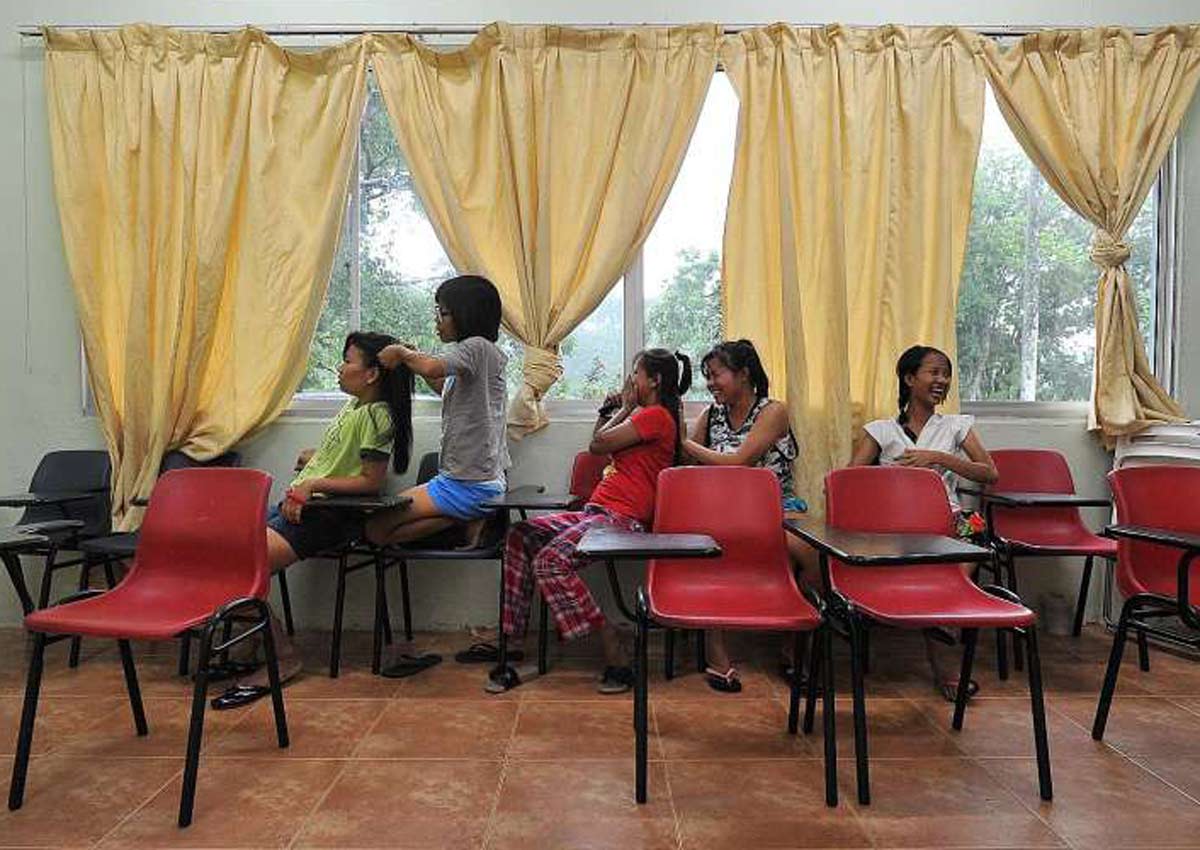Maid employers in Singapore have raised concerns about plans by Indonesia to stop sending new “live-in” maids overseas.
The change, meant to “better protect” its helpers from being exploited, could kick in as early as next year, an Indonesian Manpower Ministry official said on Sunday.
However, many employers here told The Straits Times that they fear it could lead to higher costs and cause other problems.
Madam Fong Choye Har, 52, who works in accounting, is “unwilling to cover the extra costs of food, lodging and transport”. She said: “We can already provide all this, so why would we spend (extra)?”
Bank executive Jazreen Tan, 32, said that both she and her husband, a real estate agent, have irregular schedules and that makes it difficult for her to be without a maid at night. The mother of a two-year-old said: “My clients might decide to meet me at the last minute. No one might be around to take care of our boy.”
Employers also fear that maids could fall into bad company or commit crimes if they live elsewhere.
Under the Employment of Foreign Manpower Act, foreign domestic workers must live with their employers at the addresses stated on their work permits. A spokesman for Singapore’s Ministry of Manpower (MOM) said “exceptions may be made on a case-by-case basis when the employer is temporarily not in Singapore”, but added that “such requests are rare”.
However, one employer here, a social worker who gave his name only as Mr Pang, admitted breaking the law to give his family’s helper some time off. The Filipino visits the family of six to cook and clean from 8am to 7pm from Monday to Saturday but lives elsewhere. She has been with them for seven years.
Mr Pang, 36, said: “Living in their workplaces can be stressful… They need a mental break, not just physical. Allowing her to stay out is how we can avoid taking advantage of her availability.”
Another employer, a 60-year-old marine company director who gave his name only as Mr Esmail, does not mind having live-out maids as long as “it remains less expensive to hire Indonesian helpers than to hire helpers from other countries like the Philippines and Myanmar”.
“I value my privacy, so I like the idea of hiring a helper who isn’t staying with me,” he said.
Employers are allowed to house their maids in a temporary dormitory when they go on holiday.
Mr Tay Khoon Beng, who owns Best Home Employment Agency, runs a 250-bed facility called Well Care Home in Woodlands for trainee maids, those who are being transferred, and those whose employers are on holiday. “The place is really meant for short stays,” he said, noting that the dormitory is always full.
He shares operating fees with four agencies. Agents must inform MOM when a maid moves in.
Besides wanting maids to live separately from their employers in dormitories and to work regular hours, Indonesia also plans to formalise maids’ training in areas such as cooking, childcare and eldercare.
This move is part of efforts by Indonesia to improve the welfare and status of its overseas workers after cases of abuse and non-payment of salaries arose.
It banned maids from working in Malaysia in 2009 but lifted the rule two years later after an agreement between the countries on better protection measures.
A ban on new Indonesian domestic workers to around 20 Middle East countries has been in place since last year.
Former Indonesian president Susilo Bambang Yudhoyono promised in 2012 to provide one million jobs by 2013 to encourage Indonesian women working overseas as maids to return home. The programme did not take off.
Indonesian maid Sarinah, 34, said: “It will be good working office hours, but if we have to rent a room and pay for our own supper, we will have to spend more.”
•Additional reporting by Cheryl Lin

This article was first published on May 19, 2016.
Get a copy of The Straits Times or go to straitstimes.com for more stories.


























